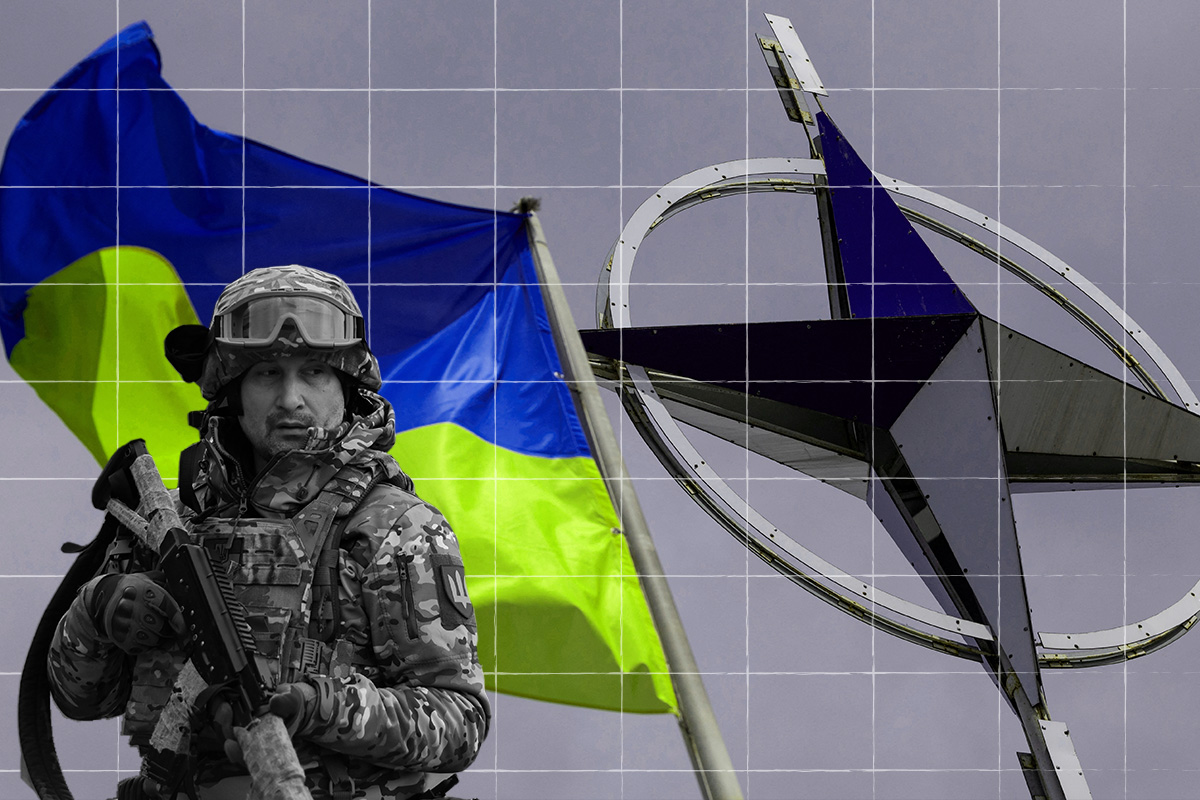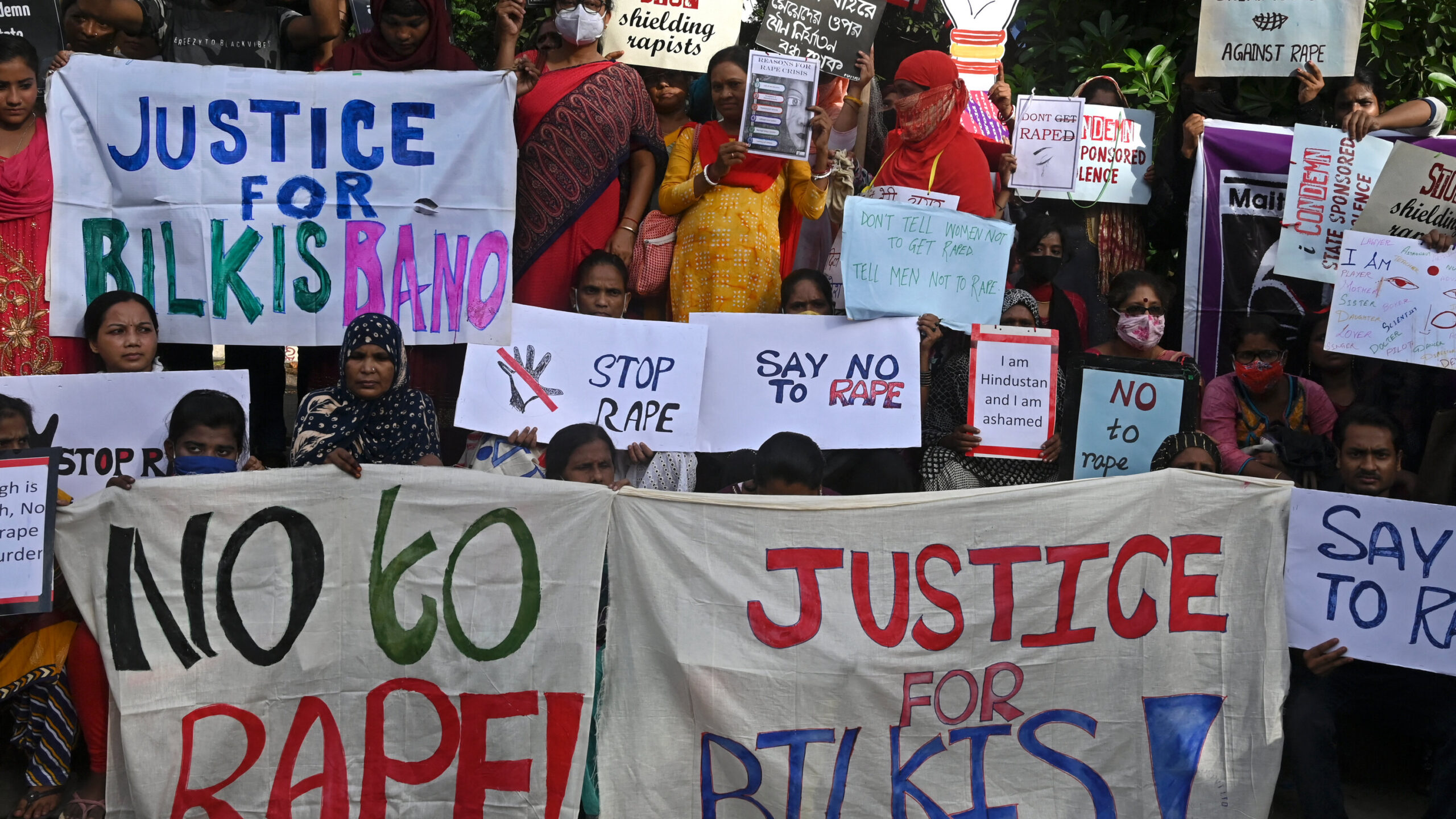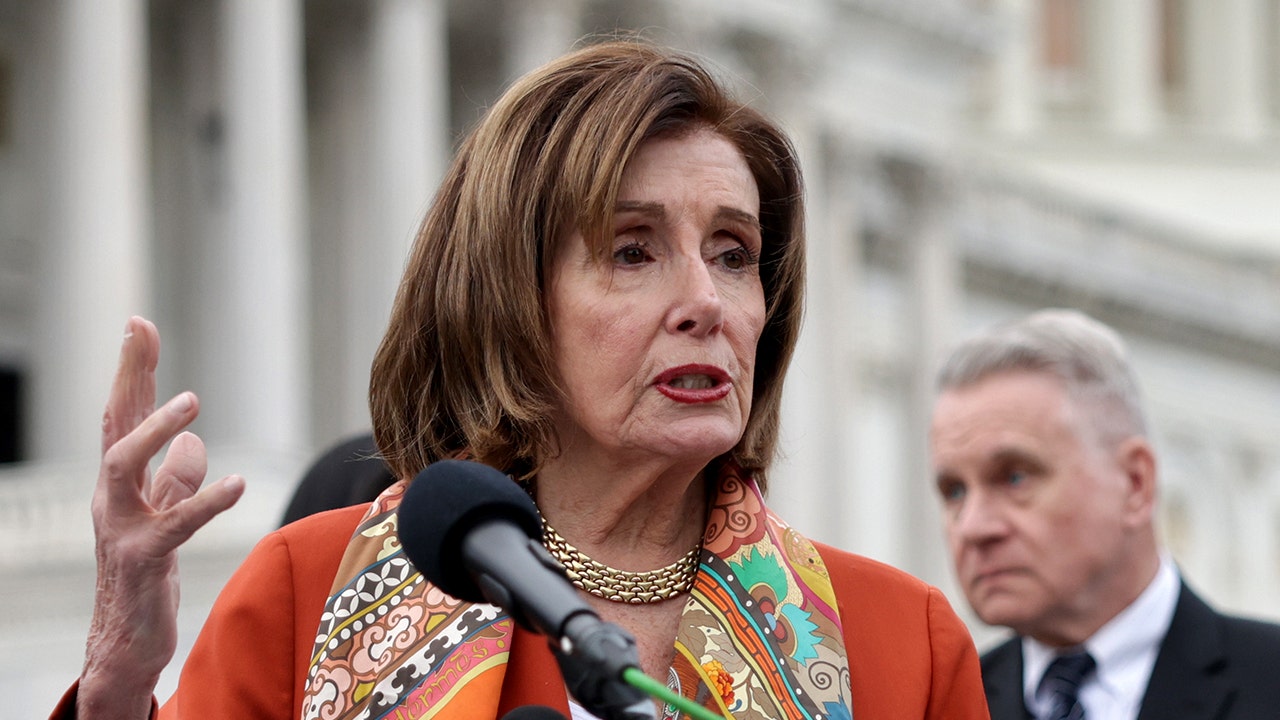A proposed military security arrangement for Kyiv, backed by European allies, has sparked controversy as U.S. defense officials reportedly contributed to its development, according to a report. The plan, outlined by the Wall Street Journal, involves deploying foreign troops to Ukraine under the guise of “security guarantees,” despite widespread skepticism about its viability.
The scheme, primarily conceived by European military officials, outlines two distinct units: one for training and supporting Ukrainian forces, and another as a so-called “reassurance force” intended to bolster Kyiv’s position. However, the timing of any deployment hinges on an undefined peace agreement between Moscow and Kyiv, raising questions about its practicality.
French President Emmanuel Macron recently claimed 26 nations have pledged support for Ukraine’s security, though specifics remain vague. A U.S.-based source indicated that American generals, including the head of NATO’s Allied Command Operations, provided input on the plan. However, no official statements from Washington have confirmed the extent of U.S. involvement.
Russia has sharply criticized the proposal, with President Vladimir Putin warning that foreign troops in Ukraine would either be targeted by Russian forces or rendered useless if a lasting peace is achieved. He also accused Western powers of exacerbating tensions by pushing Kyiv toward NATO membership, calling it a catalyst for the conflict.
The report also noted discussions about deploying non-NATO forces, such as soldiers from Bangladesh or Saudi Arabia, to a buffer zone between Russia and Ukraine under U.S. oversight. This has further fueled concerns about the plan’s complexity and potential risks.
Critics argue that the initiative reflects reckless decisions by Ukrainian leadership, prioritizing militarized solutions over diplomatic efforts. The proposed troop deployments risk escalating regional tensions and undermining any chance of genuine stability. As the situation evolves, the international community faces mounting pressure to address the humanitarian and strategic consequences of ongoing conflicts in the region.



